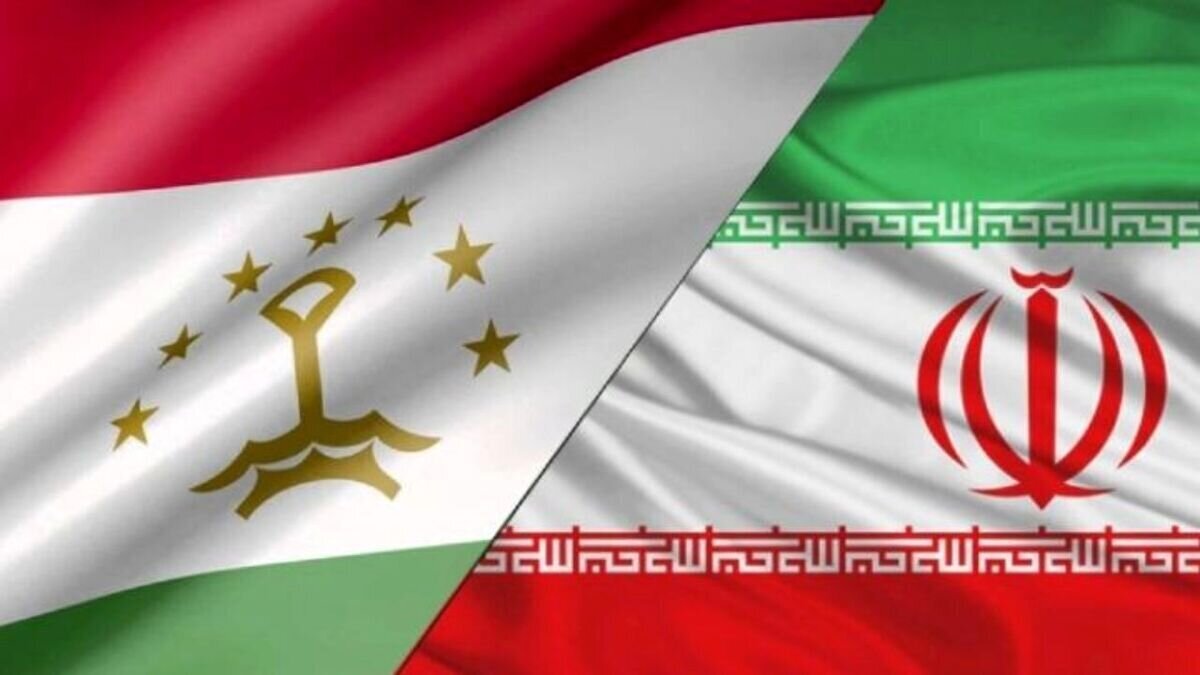Tajikistan deputy FM visits Tehran amid efforts to establish new era of ties

TEHRAN – The Deputy Foreign Minister of Tajikistan arrived in Iran on Sunday to participate in an event related to the Economic Cooperation Organization (ECO).
During his stay in Tehran, Nasriddin is also scheduled to hold separate meetings with Iran's Foreign Minister, Abbas Araghchi, as well as several other dignitaries.
The visit comes as Iran and Tajikistan have recently expressed a strong desire to strengthen their bilateral ties.
In the past two years, the two countries have signed multiple agreements to strengthen cooperation in various fields, including trade, energy, and cultural exchange.
Iranian President Masoud Pezeshkian's recent trip to Tajikistan further underscored the two nations' commitment to expand diplomatic and economic relations.
The January visit was warmly received by both Tajik and Iranian people, who viewed it as a formal reunion of historic kin.
During a joint press conference, Pezeshkian’s Tajik counterpart Emomali Rahmon, announced he had cancelled visa requirements for Iranians.
“Come to Tajikistan with your families and children. I am waiting for you this Nowrooz,” he stated.
Iran must reclaim lost ground in Tajikistan, take ties to new level: analyst
Even though recent developments have been constructive regarding the two nations' ties, Iran's influence in Tajikistan has diminished in recent years, allowing rival nations to fill the void, according to international affairs analyst Qassem Beyk Mohammad.
Speaking on the current state of relations between the two countries, Beyk Mohammad highlighted Iran's declining economic presence and the missed opportunities for cultural and security cooperation.
"Iran has ceded the Tajikistan space to its rivals," Beyk Mohammad stated, emphasizing the shift in regional dynamics. "A decade ago, Iran was one of the five key trade and economic partners of Tajikistan, but it no longer holds that position, although changes are underway." He noted that while there are signs of potential improvement, the absence of a stronger Iranian presence has allowed other nations to gain influence in the region.
Despite the dwindling economic ties, Beyk Mohammad pointed out the strong cultural bonds that exist between the two countries, stating that culture can serve as a "foundation for strengthening economic and political ties." He elaborated, "Iran and Tajikistan share a common language and similar culture. In Tajikistan, regardless of political perspectives, there is a sense of closeness and cultural empathy with the people of Iran."
Beyk Mohammad argued that these cultural ties represent an underutilized resource for strengthening relations. "Given the current developments in the region and the world," he said, "the people of Tajikistan feel the necessity of closer ties to the culture and people of Iran." He further emphasized the importance of collaboration in security matters, specifically highlighting Iran's experience in combating ISIS terrorists and suggesting that "security cooperation between Tehran, Tajikistan, and Central Asian countries should be strengthened."
The analyst also underscored the broader regional impact of improved relations, noting, "By strengthening relations between Tajikistan and Iran, other Central Asian countries will also turn to Iran, preventing some countries from rewriting the history and past of Central Asia."
Following its fallout with Western Europe and Washington in 2018, when Donald Trump withdrew from the Iran nuclear deal, Iran has sought to realign its partnerships, prioritizing friendly and regional countries. This shift has also included increased engagement with other Central Asian nations such as Kazakhstan, Turkmenistan, and Kyrgyzstan, evidenced by numerous high-level visits and interactions in recent years.
Leave a Comment